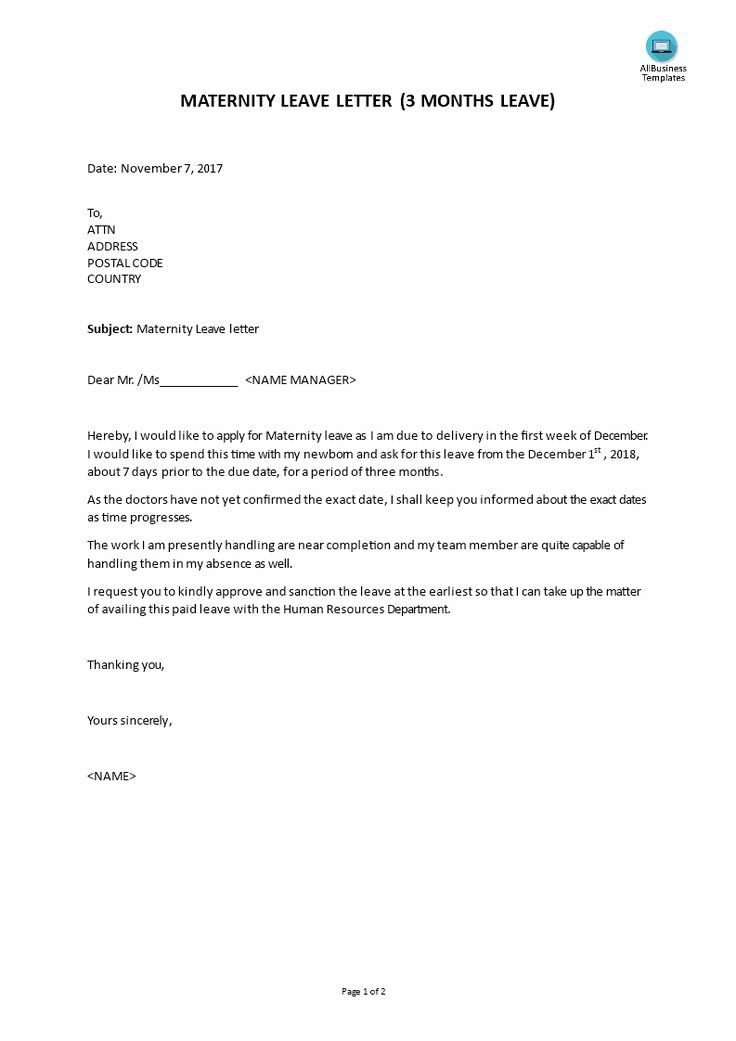Examination malpractice, a widespread issue in educational settings, stems from various factors. Pressure to excel, lack of preparation, and a desire for shortcuts are key causes of examination malpractice. Students often resort to cheating due to academic stress and fear of failure. Additionally, societal expectations and the emphasis on grades contribute to this unethical behavior. Understanding the root causes can help address and prevent instances of examination malpractice effectively.
Exploring the Causes of Examination Malpractice
Welcome, young scholars, to a fascinating journey into the world of examination malpractice. Have you ever wondered why some students resort to cheating during exams? Let’s uncover the reasons behind this unethical behavior and how we can combat it together. So, buckle up and let’s dive into the causes of examination malpractice!
The Pressure to Excel
One of the primary reasons students engage in examination malpractice is the immense pressure to perform well academically. Whether it’s coming from parents, teachers, or even self-imposed, the desire to excel can push students to cheat. When the stakes are high, such as securing a scholarship or pleasing demanding parents, some students feel cheating is the only way to meet these expectations. It’s essential to remember that your worth is not defined by a grade on a piece of paper, and there are always better ways to succeed without compromising your integrity.
Lack of Preparation
Another common cause of examination malpractice is inadequate preparation. When students haven’t studied enough or feel unprepared for an exam, the temptation to cheat can be strong. Instead of facing the consequences of not being ready, some students see cheating as a quick fix to avoid failure. It’s crucial to prioritize your studies, manage your time effectively, and seek help when needed to ensure you are well-prepared for exams. Remember, hard work and dedication always pay off in the long run.
Peer Pressure
Peer pressure plays a significant role in influencing students to engage in examination malpractice. When friends or classmates normalize cheating behavior, some students may feel compelled to follow suit to fit in or avoid being left behind. It’s essential to surround yourself with positive influences and stand up for what is right, even if it means going against the crowd. Your integrity and honesty are far more valuable than any fleeting academic success gained through dishonest means.
Lack of Ethical Education
Many students may not fully understand the implications of cheating or the importance of academic integrity due to a lack of ethical education. Schools and institutions must emphasize the values of honesty, integrity, and hard work from an early age to instill a strong sense of morality in students. By promoting a culture of academic honesty, we can help students make ethical decisions and resist the urge to cheat during exams.
Fear of Failure
The fear of failure is a powerful motivator that can drive students to resort to examination malpractice. Some students may cheat because they are terrified of disappointing their parents, teachers, or themselves with poor grades. It’s essential to remember that failure is a natural part of the learning process and should not be seen as a reflection of your worth as a person. Mistakes and setbacks help us grow and improve, so embrace challenges with courage and determination.
Technological Advancements
In today’s digital age, technological advancements have made it easier for students to cheat during exams. From accessing answers online to using hidden devices, technology provides students with various tools to engage in malpractice. Schools and exam authorities must stay vigilant and implement strict measures to prevent cheating, such as proctoring exams and using plagiarism detection software. Remember, the use of technology should be for learning purposes, not for dishonest gain.
As we conclude our exploration of the causes of examination malpractice, it’s essential to remember that honesty, integrity, and hard work are the foundations of true success. Cheating may offer temporary gains, but the long-term consequences far outweigh any fleeting benefits. By understanding the reasons behind examination malpractice and making a conscious effort to uphold ethical values, we can create a culture of academic honesty and integrity that will benefit us all in the long run. So, let’s pledge to always do our best, study hard, and face challenges with honesty and integrity. Together, we can combat examination malpractice and strive for excellence the right way.
4 CAUSES OF EXAMINATION MALPRACTICES!
Frequently Asked Questions
What are some common causes of examination malpractice?
Examination malpractice can be caused by various factors, including inadequate preparation, pressure to excel, lack of ethical values, poor exam supervision, and easy access to cheating materials.
How does peer pressure contribute to examination malpractice?
Peer pressure can lead students to engage in examination malpractice in order to fit in, maintain social status, or avoid being perceived as less capable than their peers. This can create a culture of cheating within peer groups.
What role does parental pressure play in promoting examination malpractice?
Parents’ high expectations and pressure for academic success can push students to resort to cheating in exams to meet those expectations, leading to a mindset that prioritizes results over integrity.
How can lack of proper exam invigilation contribute to examination malpractice?
Inadequate supervision during exams opens up opportunities for students to cheat without fear of being caught, creating an environment where malpractice can occur easily and with minimal consequences.
Final Thoughts
In conclusion, examination malpractice is primarily caused by societal pressure, lack of preparation, and the desire for academic success by any means necessary. These factors lead students to engage in cheating, impersonation, and other unethical behaviors during exams. Addressing the root causes of examination malpractice through promoting a healthy academic environment, providing sufficient support for students, and emphasizing the importance of integrity in education can help reduce its prevalence. Ultimately, preventing examination malpractice requires a collective effort from educators, students, and policymakers to create a culture of honesty and fairness in the education system.




